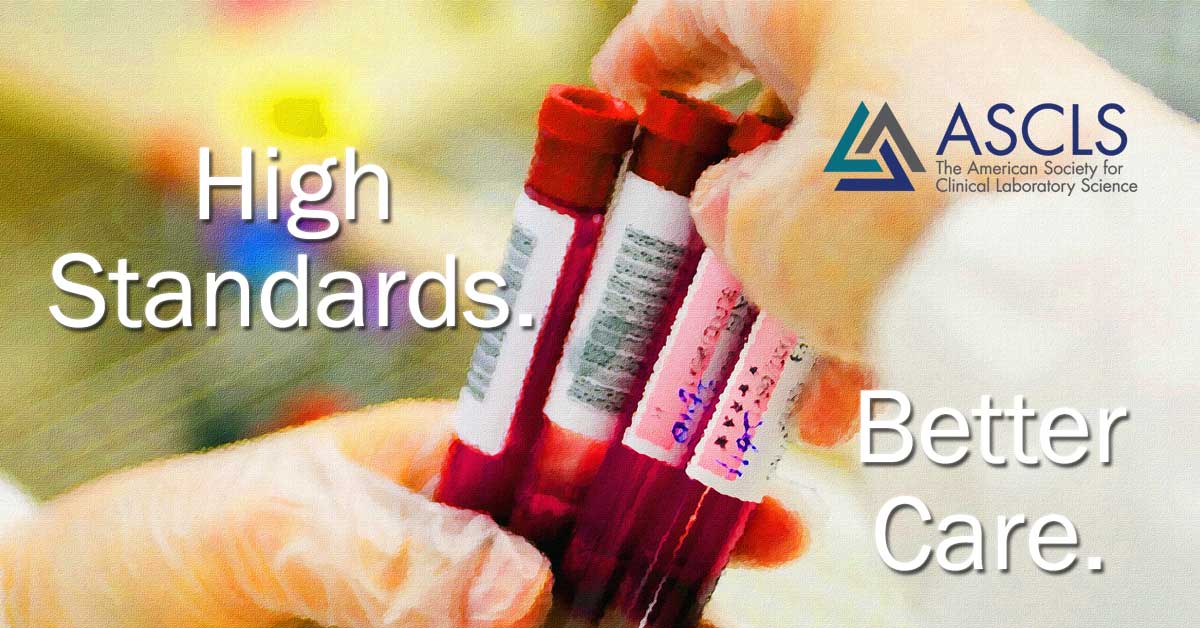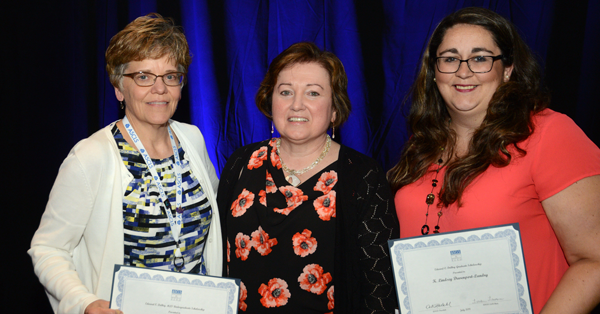ASCLS and AGT Innovating for First Joint Annual Meeting
Today, the American Society for Clinical Laboratory Science (ASCLS) and the Association of Genetic Technologists (AGT) announced the two groups would hold their annual meetings jointly beginning in June 2019 in Charlotte, North Carolina.
The partnership was possible after the Society's decision earlier this year to hold its Annual Meeting independently for the first time in more than 20 years. The two like-minded and complimentary membership groups will work together to provide attendees with a single, integrated educational program, abstracts/posters, and industry engagement platform. The format will allow for an expanded and broadened educational program and attendee access to a wider range of industry partners.
“We’ve worked closely with AGT for many years on advocacy and are both sponsors of the Board of Certification. When the opportunity presented itself, it made a great deal of sense to work more broadly with this trusted partner, “ ASCLS President Roslyn McQueen said. “As molecular and genetic technology becomes more commonplace in clinical laboratories, tapping the expertise of AGT’s membership and thought leaders for an expanded educational program will help our attendees improve the care they provide to patients.”
“AGT has been fortunate to work with ASCLS at their meetings on a state level for many years. Our hope is to continue these professional successes on a national level as well,“ AGT President Jason Yuhas said. “Many of our members work closely with laboratory professionals represented by ASCLS on a daily basis. Our views, visions, and scope of work pair very well between both organizations.”
The first joint meeting will take place June 23-27, 2019 at the Sheraton/Le Meridien Charlotte Hotel in Charlotte, North Carolina. The groups’ planning committees are already focused on adopting innovative, new approaches to learning and industry engagement to build a unique, new attendee experience. Details like the meeting’s name and brand, as well as the structure of industry opportunities will be announced in the coming weeks.
Discussions between the groups’ leaders began with significant alignment of how their existing meetings had been structured. The ASCLS Annual Meeting Steering Committee (AMSC) and Abstract and Proposal Review Committee (APRC) will take the lead on developing and organizing content with representation and assistance from AGT.
The Association of Genetic Technologists (AGT) was established to promote cooperation and exchange of information among those engaged in classical cytogenetics, molecular and biochemical genetics and to stimulate interest in genetics as a career. AGT’s approximately 700 technologists, supervisors, lab directors and genetic counselors comprise a network of dedicated professionals who share a common bond: an interest in genetics. AGT’s annual meeting provides opportunities to develop professional contacts in the ever-expanding area of clinical and research genetics. Our publications keep members and subscribers abreast of the latest developments in the field. AGT’s continuing education opportunities assist those who have professional certifications in maintaining their professional credentials. In addition, various awards and volunteer opportunities allow technologists to be recognized for their contributions to the profession.

 AND
AND 
